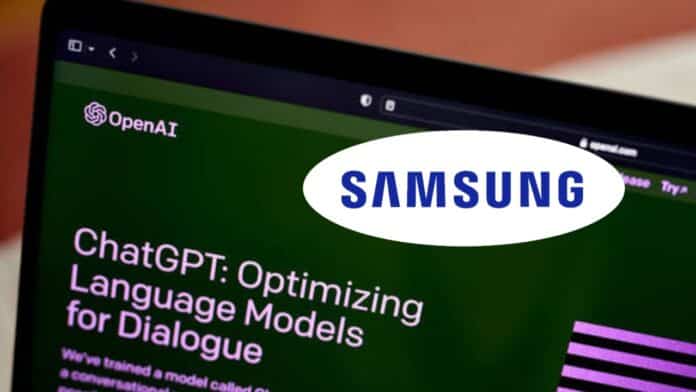Samsung, the renowned technology giant, is making significant strides in artificial intelligence (AI).
According to recent reports, the company is actively Samsung developing its own alternative to OpenAI’s ChatGPT, aiming to enhance the capabilities of conversational AI systems.
This article explores Samsung’s endeavor, its potential impact, and the growing importance of AI-powered conversations.
The Rising Significance of Conversational AI
In today’s digital landscape, conversational AI has become increasingly vital, transforming how we interact with technology.
From virtual assistants to chatbots, AI-powered conversations have proven to be invaluable in improving customer service. Personalizing user experiences, and streamlining various business operations.
Recognizing this immense potential, Samsung has set its sights on developing an alternative to OpenAI’s ChatGPT.
This move reflects the industry’s acknowledgment of the growing demand for advanced conversational AI systems and highlights Samsung’s commitment to staying at the forefront of innovation.
also read: How to Make Money with ChatGPT; A Comprehensive Guide
Samsung’s Pursuit of an Alternative
Samsung’s decision to develop its ChatGPT alternative showcases its dedication to AI research and development.
While OpenAI’s ChatGPT has been widely acclaimed, Samsung aims to create a solution that not only matches its capabilities but also introduces unique features and improvements.
By investing in this project, Samsung aims to create a conversational AI system that offers enhanced natural language understanding, improved contextual comprehension, and increased responsiveness.
This alternative could potentially revolutionize various industries and open up new possibilities for AI-powered conversational experiences.
Advantages of Samsung’s Alternative
Samsung’s alternative to ChatGPT brings several potential advantages to the table.
Firstly, the company’s extensive expertise in consumer electronics and user-centric design could enable them to create an AI system tailored specifically to user needs.
Secondly, Samsung’s integration of its AI technology across a wide range of devices and platforms could provide a seamless and consistent user experience.
Additionally, Samsung’s commitment to privacy and security could address growing concerns surrounding data protection in conversational AI systems.
By leveraging these strengths, Samsung’s alternative has the potential to deliver an AI-powered conversational experience that is both robust and user-friendly.
Implications for Industry and Consumers
Samsung’s foray into developing a ChatGPT alternative has significant implications for both industry professionals and consumers.
Businesses across various sectors, such as customer service, e-commerce, and entertainment, stand to benefit from more advanced conversational AI capabilities.
Enhanced natural language understanding and contextual comprehension could lead to improved customer interactions, increased sales, and streamlined operations.
For consumers, this development could mean more intuitive virtual assistants, smarter chatbots, and seamless integration of AI-powered conversations into their daily lives.
As Samsung continues to innovate in the AI space, the possibilities for AI-powered conversations are likely to expand further.
Conclusion
Samsung’s pursuit of an alternative to OpenAI’s ChatGPT signifies the growing importance of AI-powered conversations in today’s technology-driven world.
By leveraging its expertise, Samsung aims to create an AI system that offers enhanced capabilities, improved user experiences, and increased privacy and security.
As Samsung’s project progresses, the future of AI-powered conversations becomes increasingly promising.





















